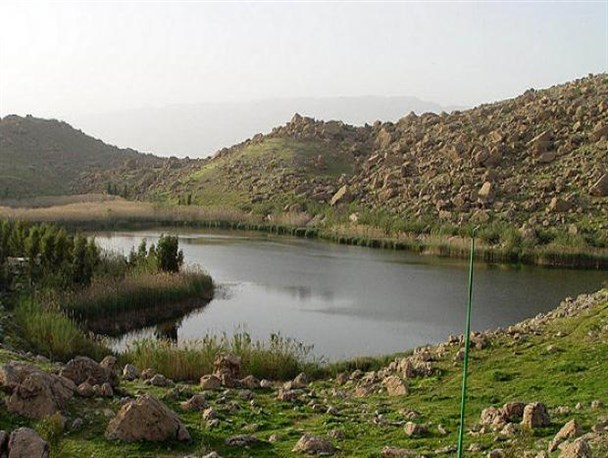Unless urgent action is taken by the government, Bisheh-Dalan wetland in Lorestan Province will soon die out, a report by Mehr News Agency has warned.
"Bisheh-Dalan is on its last breaths and if no immediate rescue effort is made, it will be wiped off the face of the earth," the report said. Located in the Silakhor Plain, 15 kilometers from the western city of Borujerd, the wetland spans an area of 913 hectares.
It is home to an array of wildlife, from migratory birds to various species of reptiles, amphibians and mammals.
But this national asset has been subject to massive man-made damage and the government has done little to prevent it.
Land use change to farming, the dumping of household, industrial and agricultural waste, heavy use of pesticides, rampant poaching and poor local management are contributing to the wetland's demise.
"Bisheh-Dalan once covered over 900 hectares of land but it has now shrunk by half due to illegal and misguided change of land use," Borujerd's Governor Reza Ariaei said.
Locals' Lifeline
That degradation has taken a toll on the aquatic resources of the region and is threatening to choke off the lifeline of the locals whose livelihood has traditionally hinged on the lagoon, according to the head of the Department of Environment's office in Borujerd. "The DOE has a responsibility in this regard and recognizes the need for urgent planning to revive Bisheh-Dalan," Mostafa Mostafavand said.
In the past, the wetland provided the residents of nearby villages with a rich, diverse source of livelihood, serving as grazing, fishing and hunting grounds, Mostafavand said.
But it is no longer the case as a substantial part of the wetland has gone under rice cultivation, he lamented.
"The emergence of single-product agriculture in the Silakhor Plain reflects mismanagement and poor oversight by the authorities."
Amir Saqleini, director of the local office of the Forests, Range and Watershed Management Organization, called for cooperation between the environmental authorities and experts to help develop a roadmap for the revival of the decaying wetland. He added that his organization plans to reclaim the lands handed over to local farmers and reverse their change of use.
Many wetlands across Iran are desiccating at a fast pace mainly because of sub-standard practices in water management, climate change and excessive water consumption in wetlands' catchment areas.


